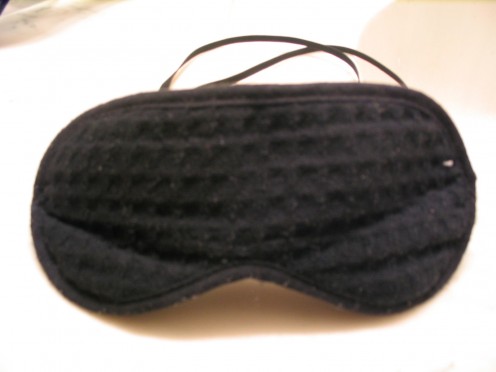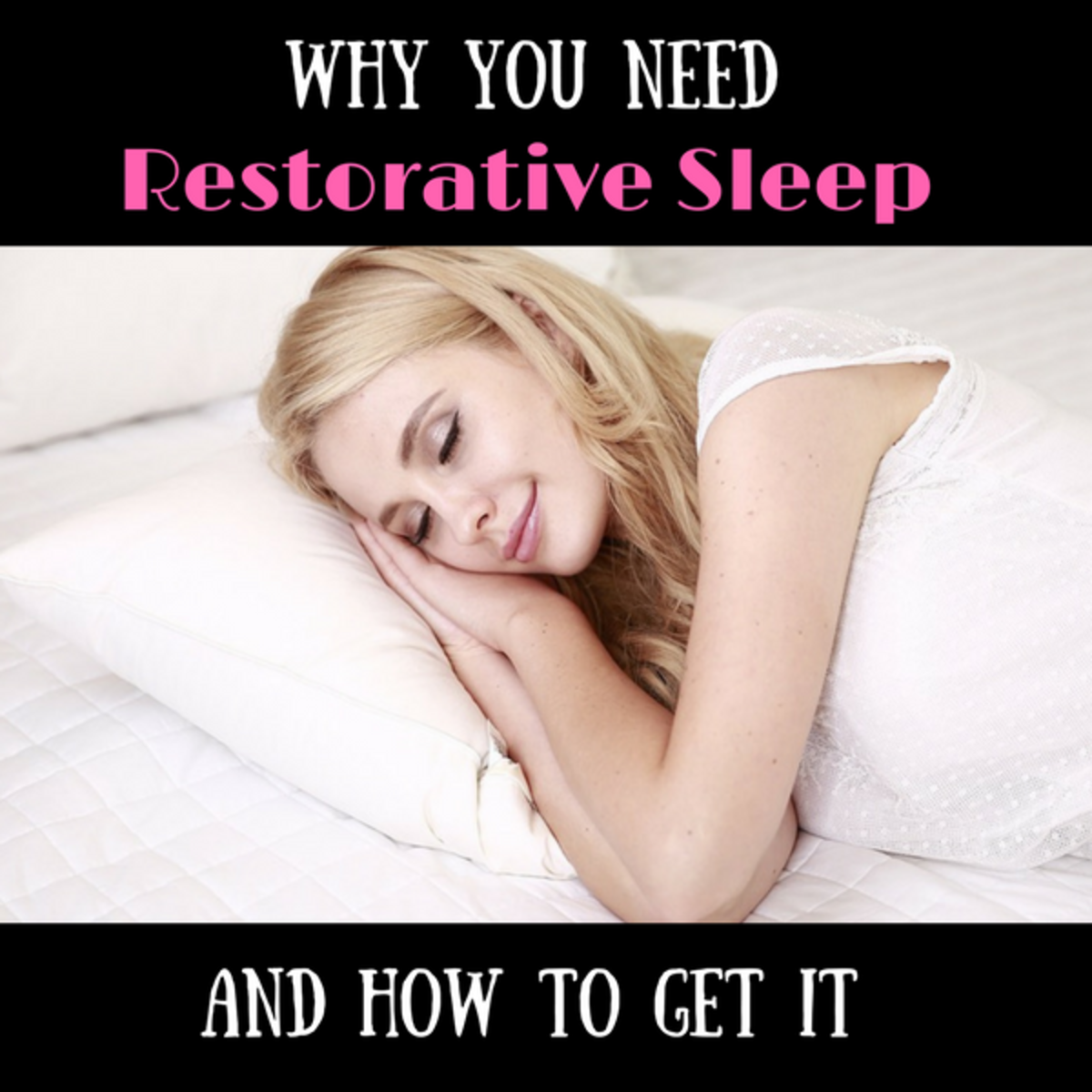- HubPages»
- Health»
- Personal Health Information & Self-Help»
- Self-Help for Sleep Issues & Sleeplessness
How To Fall (And Stay) Asleep
It may be time to try some alternatives
Those who have struggled with various degrees of sleeplessness have no doubt taken some drastic measures to achieve what comes so enviably easy to others....a good nights sleep. For those constant or even just those occasional sufferers who have not found success with traditional remedies, it may be time to try these unusual, yet effective suggestions. The best part is that they are simple and inexpensive, sometimes using items you may already own. Since you don't have anything to lose by reading, let's go over some common reasons for losing sleep and the suggestions you can try.
MY MIND WON'T "SHUT OFF"
Stress. Worry. Anxiety. Even when we aren't consciously feeling them, those three things can keep our minds from relaxing enough and achieving the desired R.E.M. sleep. Many people describe this as feeling as if their minds "Won't shut off". No matter how much they try to relax, the same repeating thoughts, or "busy dreams", keep them just on the edge of sleep. Ironically, the event that is causing the anxiety which keeps the occasional non-sleeper awake, is usually the very thing that they need to be rested for the following day. As each hour passes, they recalculate how much sleep they will get if the fall asleep....RIGHT NOW, and the anxiety increases. These are some things they can try:
- Acknowledge your thoughts. Instead of trying to put them out of your mind, allow 5-10 minutes to really consider WHY you feel anxious. Give yourself credit for things that are real concerns, but then focus on what you have already done to prepare for them. If it is something smaller, like being afraid of not hearing the alarm and oversleeping, take the time to recheck your alarm clock settings. Maybe you mind is trying to tell you something. Then walk through the steps in your mind of what you need to do to be ready the next day and reassure yourself that you are ready. If not ready, what have you planned to get ready.
- Make up your own boring bedtime story. There is some merit to the idea of counting sheep. Your brain is essentially stuck in a destructive loop and you need to shut down that roller-coaster. Rides are exciting, even if you hate them. You need to "un-excite" your mind by putting it's full attention on something else. A very BORING something else. You can create 2 or 3 characters and place them in very normal, unstressful situations. For example, you may have two women friends sitting in a coffee shop talking about their husbands. Imagine the whole conversation; go back and forth with the discussion until you have "derailed" your mind and numbed it into submission. When you find a scenario that works for you, use it repeatedly until it stops working for you. You can keep the same characters but put them in a different situation or come up with something entirely new. If you train yourself in this skill, eventually you will only have to begin thinking of your story and your body and mind will follow your cue and begin the process of falling asleep.

You may be hearing too much
Have you ever had a dream about an axe-murderer, with one leg dragging behind him, chasing you through the halls of an abandoned building? Ok, maybe you didn't have that exact dream. The point is that when you woke up, you realized that it wasn't a lame hatchet-carrying monster you heard, but a tree branch scratching at the window. Our brains do not shut down just because we are asleep. They stay active and continue to decipher and categorize all the sounds going on around us. That is why a tree branch may give us a scary dream, while the sound of breaking glass will make us sit up in bed immediately. We may not think we are affected by all the little noises, but they could be keeping us from real rest. If this is a problem, you could try this:
- Add some kind of white noise to the room. You can use an electric fan or a radio turned down low on a static station.
- Ear plugs. Do not disregard this suggestion even if you have tried this in the past. The new earplugs are soft and comfortable enough to wear while you sleep. They block out almost all the background noise,(you can still hear telephones or crying kids) and they are very inexpensive. You will be amazed at the difference they make if you have trains, traffic, noisy neighbors or snore pollution.

Shine and Rise?
Just as our bodies react to noise while we are asleep, they also know when it is time to get up by the amount of light coming in the windows from the sun. Simple, right? Wrong. Very few of us live where there is total darkness at night and light only when the sun comes up. We have street lights, headlights and even moonlight that moves light and shadows throughout our rooms. You may be more sensitive to this light than you know. What to do?:
- Try wearing a sleeping mask.They do not have to be tight to be effective. Be sure to get one that is soft and big enough to do the job. Sleep masks do not have to be expensive, but if you want to experiment first, you can simply use a handkerchief. Fold it as if you were making a loose headband, and tie it loosely around your head covering your eyes. This is not as comfortable as a mask, but it will let you know if you respond well to a darker sleeping environment.
For those who are deprived of it, sleep becomes a precious commodity that they'll do anything to possess. Hopefully, these simple solutions will help them own their nights again.








